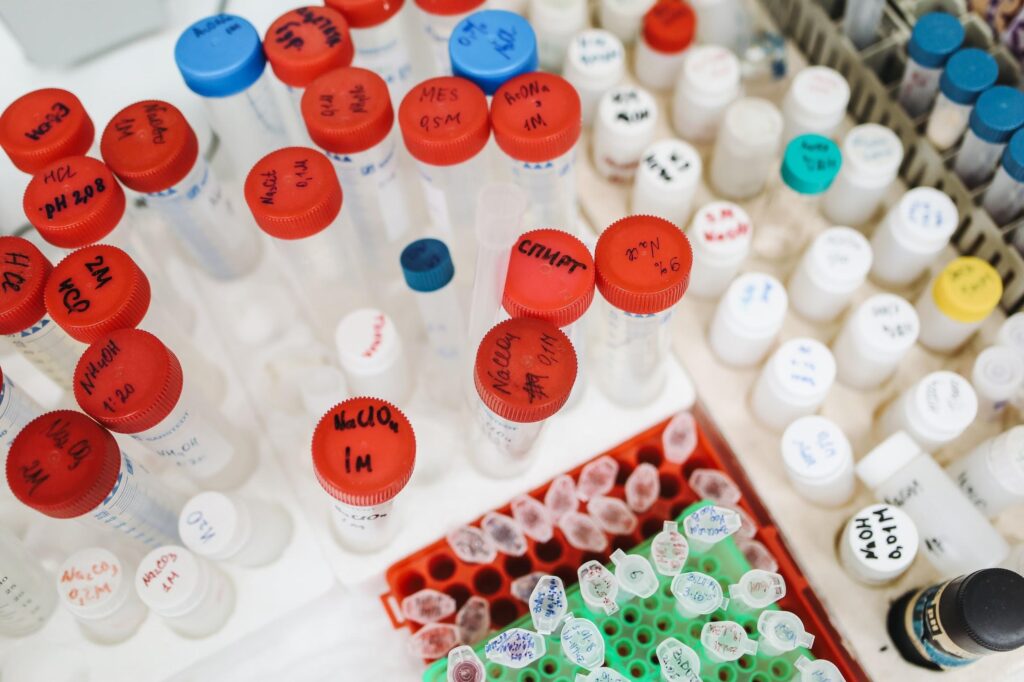Cancer can be detected by blood tests before symptoms appear
For years scientists have sought to form the cancer-screening test—one that may reliably detect a malignancy early, before tumor cells spread and when treatments are simpler. A replacement method reported in Nature Communications brings researchers a step closer to its goal. By employing a biopsy, the international team was ready to diagnose cancer long before symptoms appeared in nearly all the people it tested who went on to develop cancer.
“What we showed is up to four years before these people walk into the hospital, there are already signatures in their blood that show they have cancer,” says Kun Zhang, a bioengineer at the University of California, That’s never been done before.
Past efforts to develop blood tests for cancer typically involved researchers collecting blood samples from people already diagnosed with the disease. they’d then see if they might accurately detect malignant cells in those samples, usually by gazing genetic mutations, DNA methylation.
“The best you’ll prove is whether or not your method is pretty much as good at detecting cancer as existing methods, You can never prove it’s better,” Zhang says.
In contrast, Zhang and his colleagues began collecting samples from people before any signs that they had cancer.

In 2007 the researchers began recruiting over 123,000 healthy individuals in Taizhou, China, to undergo annual health checks—an effort that required building a specialized warehouse to store the quite 1.6 million samples they eventually accrued. Around 1,000 participants developed cancer over the subsequent 10 years.
Zhang and his colleagues focused on developing a test for five of the foremost common forms of cancer: stomach, esophageal, colorectal, lung, and liver malignancies. The test they developed, called PanSeer, detects methylation patterns within which a unit is added to DNA to change genetic activity.
Past studies have shown that abnormal methylation can signal various sorts of cancer, including pancreatic and carcinoma. The new study “offers several interesting approaches within the search a blood-plasma-based cancer-screening test,” says Colin Pritchard, a molecular pathologist at the University of Washington School of drugs, who wasn’t involved within the research.
Usha Menon, a professor of gynecological cancer at University College London, who also didn’t participate within the study, observes that Zhang and his colleagues’ method provides a strong, preliminary baseline test—an “essential first step” toward an advert cancer-screening product.
“The authors aren’t suggesting that they need a test which will be used clinically at this stage,” she says.
“They are clear that what they need could be a robust preliminary demonstration of early detection of multiple cancer types four years before conventional diagnosis.”
Most likely, such a test would first target high-risk populations, Menon says. And it’d require devising the second panel of tests to enable clinicians to see the precise cancer type and rule out false positives. Zhang believes such a feature can be developed with more work, and he agrees that further studies are needed. a perfect test would target the foremost common cancers, as Zhang’s study did, also because of the deadliest ones.
“There are cancers where early detection can make an extremely big difference,” he says. carcinoma, for instance, is that the next target Zhang and his colleagues are engaged on. “We are still ways aloof from having an accurate blood-based ‘pan-cancer’ screening test. But it’s not impossible to realize,” Pritchard says. “There are several large efforts underway, with some promise for the long run.”










